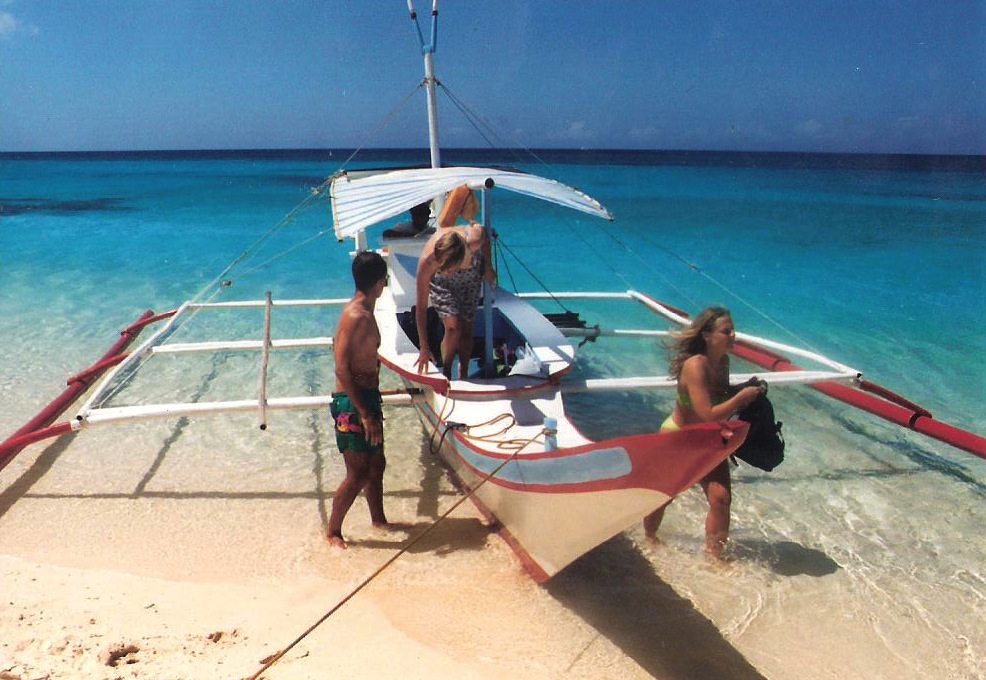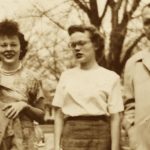Not long ago, Abha Malpani queried me for a Written Road post she was writing about whether or not beginner writers should write for free in the name of building up story clips. Should a person, she asked, be open to writing without pay in the beginning of their career? This is what I told her:
I might just bypass the direct argument by saying that the most important thing is to write well. If you can write well, you will eventually succeed, no matter where you get started and what you get paid for your early pieces. In travel writing, writing well means having an engaging voice and smooth style, but it also means that you have to be spot-on with your facts and cultural observations. Writing that stands above average writing is what helps travel authors succeed in a glutted market.
So I would advise writers to sharpen their craft as much as a possible, be it for free or for small pay. These days, I think it would be hard to get started without writing for free at some point. In an over-saturated market, how else are you going to get a chance to prove yourself? Even after I had my foot in the door of the travel writing business, I wrote for free for World Hum because I liked their editorial attitude. It wasn’t that many years ago that World Hum was itself an obscure publication, but their commitment to excellence is paying off, and now they are paying writers. So if you do write for free, write for a publication with a strong writing and a strong editorial mission, lest your story get lost amid the slag of a mediocre publication.
How many other fields do people work for free? In the arts, tons do. Actors work for free; visual artists work for free; musicians perform for free. That’s why everyone knows what the phrase “day job” means. And every travel writer has to have a day job before he or she gets enough experience to do it full time (and it’s pretty rare to do it full time).
So again, free or not free, just write well, and write for publications that share your narrative vision.
Parts of this response, along with input from writers and editors such as Michael Yessis and Melissa Lafsky, are online here.





